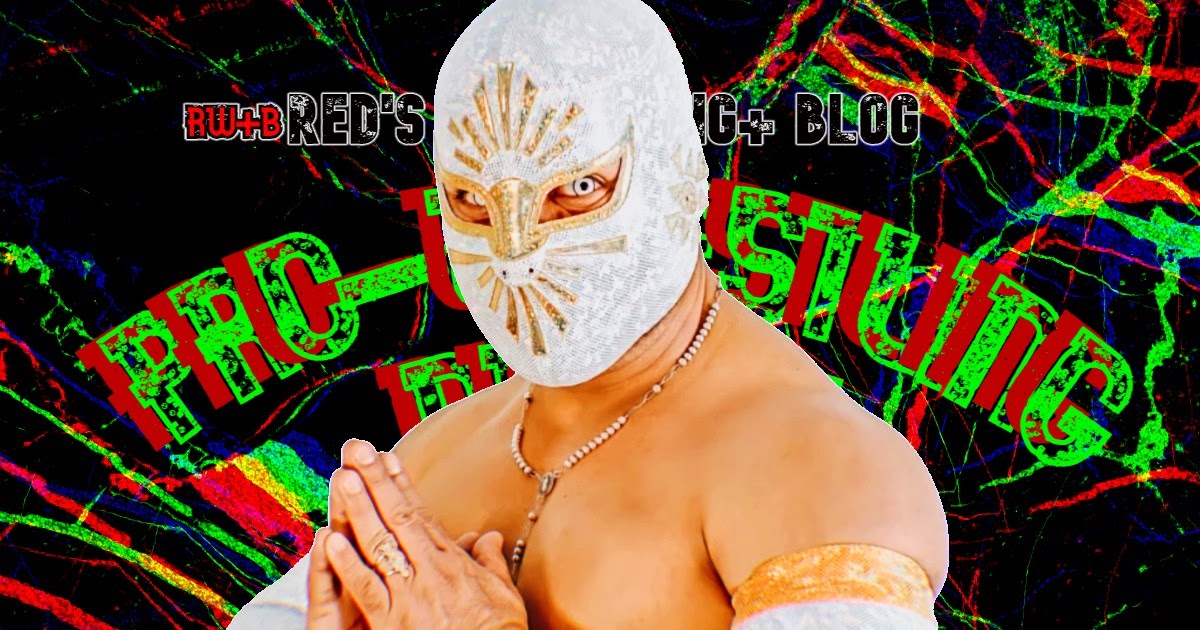The Russo-Ukrainian War's exact starting point is subject to debate, with some viewing Russia's invasion as a significant escalation rather than the initial spark. However, what remains unquestionable is the sheer brutality of the conflict. Estimates suggest casualties exceeding 60,000, which still only underscores the devastating toll on human lives. Compounding this tragedy is the composition of Ukrainian forces, predominantly comprised of older individuals with prior injuries, illustrating the desperate nature of their defense.
The age of forced inscription was lowered but serves as a bandage instead of a cure.
Efforts to broker ceasefires have been thwarted by various obstacles, including the interference of leaders from allied nations seeking retribution against Putin and a way to more easily funnel cash to the war machine. Regrettably, talks in general have collapsed, resulting in a continuation of violence and further loss of life and territory. Ukraine's negotiating position has consequently weakened, leaving them in a more precarious state and it's just getting more bleak by the day.
Adding to the complexity is the geopolitical fallout, where any attempt by a US President to intervene risks triggering an "impeachment timebomb" if proposals move forward. Meanwhile, sensationalist media coverage fuels public anxiety by sensationalizing potential scenarios like the deployment of Russian nukes in space, which experts say is a nothingburger, and call backs to disproven hoaxes being revived increasingly on select networks.
In this grim landscape, there are no simple solutions. Blame is often directed at Putin alone, and he certainly deserves a metric shit ton of it, but the US response also faces scrutiny for its perceived role in exacerbating rather than resolving the crisis. As the situation continues to unfold, it's imperative to navigate with caution and seek avenues for meaningful dialogue and de-escalation.
Efforts to broker ceasefires have been thwarted by various obstacles, including the interference of leaders from allied nations seeking retribution against Putin and a way to more easily funnel cash to the war machine. Regrettably, talks in general have collapsed, resulting in a continuation of violence and further loss of life and territory. Ukraine's negotiating position has consequently weakened, leaving them in a more precarious state and it's just getting more bleak by the day.
Adding to the complexity is the geopolitical fallout, where any attempt by a US President to intervene risks triggering an "impeachment timebomb" if proposals move forward. Meanwhile, sensationalist media coverage fuels public anxiety by sensationalizing potential scenarios like the deployment of Russian nukes in space, which experts say is a nothingburger, and call backs to disproven hoaxes being revived increasingly on select networks.
In this grim landscape, there are no simple solutions. Blame is often directed at Putin alone, and he certainly deserves a metric shit ton of it, but the US response also faces scrutiny for its perceived role in exacerbating rather than resolving the crisis. As the situation continues to unfold, it's imperative to navigate with caution and seek avenues for meaningful dialogue and de-escalation.







0 Comments
COMMENT